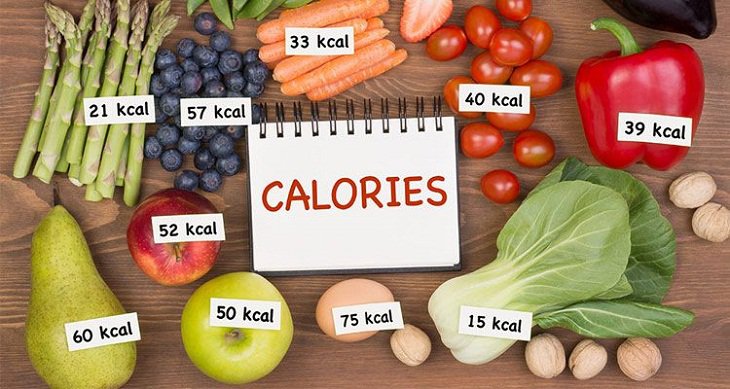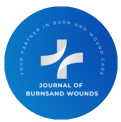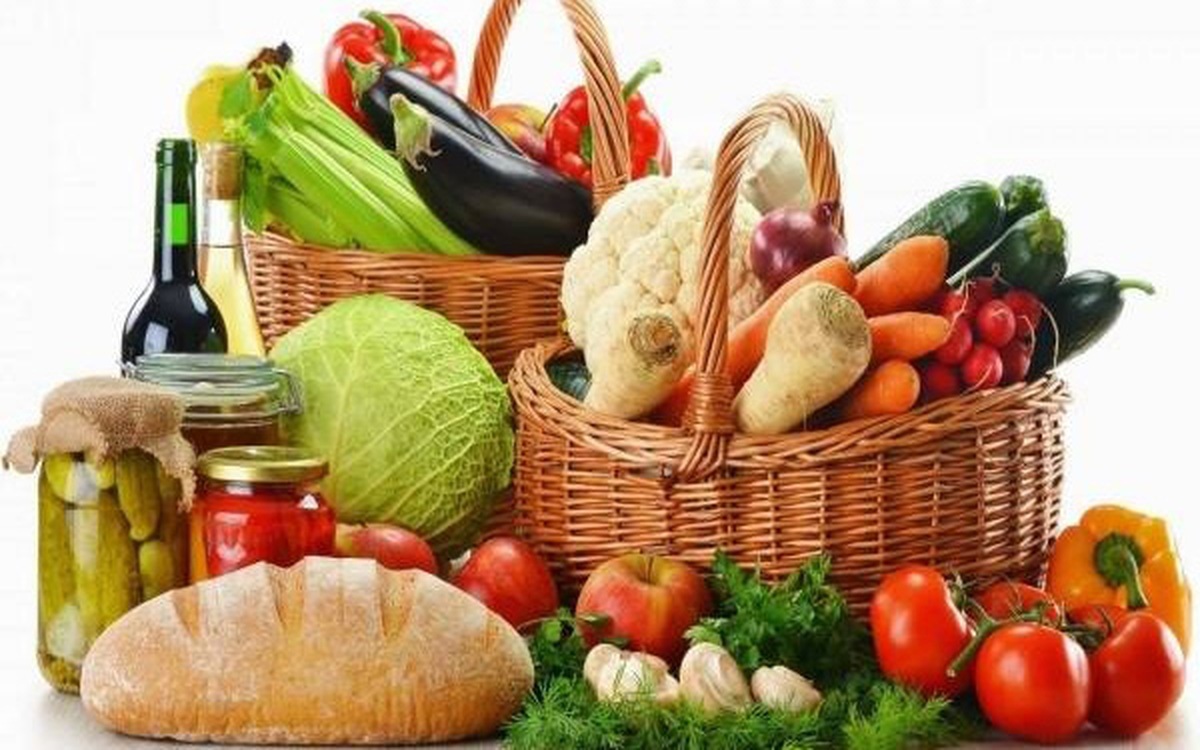Wound healing is a complex biological process that is significantly influenced by various factors, including nutrition. In burn patients, the importance of proper nutrition cannot be overstated, as burns can lead to substantial metabolic changes and increased nutritional demands. Understanding the relationship between nutrition and wound healing in burn patients is crucial for optimizing their recovery and outcomes. This article delves into the impact of nutrition on wound healing in burn patients, emphasizing the key nutrients, challenges, and strategies involved in managing their nutritional needs.
Nutritional Needs in Burn Patients

Burn injuries, whether they are minor or severe, trigger a cascade of physiological responses that increase the body’s metabolic rate. These responses include an increase in heart rate, body temperature, and energy expenditure. Consequently, burn patients experience an elevated demand for nutrients, particularly protein, carbohydrates, fats, vitamins, and minerals. The following sections outline the critical nutritional factors that influence wound healing in burn patients:
- Protein: Protein is essential for wound healing, as it provides the building blocks (amino acids) required for tissue repair and collagen formation. Burn patients often experience significant protein loss due to increased catabolism. Adequate protein intake is crucial to counteract this loss and support healing.
- Calories: Burn injuries can significantly increase calorie requirements, mainly because of the heightened metabolic rate. Providing sufficient calories is essential to prevent muscle wasting and ensure that energy is available for the healing process.
- Vitamins and Minerals: Vitamins like vitamin C and zinc are vital for collagen synthesis and immune function, respectively. Minerals like zinc and copper play a role in wound healing as well. A deficiency in these micronutrients can hinder the healing process.
- Fluids and Electrolytes: Maintaining fluid and electrolyte balance is critical in burn patients, as dehydration and electrolyte imbalances can impede wound healing. Adequate hydration and electrolyte replacement are essential.
Challenges in Meeting Nutritional Needs

Burn patients often face several challenges in meeting their nutritional needs:
- Reduced Appetite: Pain, stress, and the metabolic response to burns can reduce a patient’s appetite, making it difficult to consume adequate nutrients.
- Gastrointestinal Issues: Burn injuries can affect the gastrointestinal tract, leading to issues like gastroparesis or malabsorption, which can hinder nutrient absorption.
- Increased Nutrient Loss: Burn patients may experience increased nutrient losses through wound exudate, urine, and metabolic processes, further exacerbating their nutritional needs.
- Metabolic Stress: The hypermetabolic response to burns can lead to muscle wasting and the breakdown of lean body mass, making it challenging to maintain proper nutrition.
Strategies for Optimizing Nutrition in Burn Patients
To address these challenges and support wound healing in burn patients, healthcare professionals employ several strategies:
- Enteral Nutrition: When oral intake is insufficient, enteral nutrition (tube feeding) can be used to provide a controlled and balanced nutrient supply.
- Multivitamin and Mineral Supplements: In cases of deficiency or malabsorption, supplementation with vitamins and minerals may be necessary to meet nutritional requirements.
- High-Protein Diets: Promoting a diet rich in high-quality protein sources can help counteract muscle wasting and support wound healing.
- Monitoring and Assessment: Regular nutritional assessments, including body weight, albumin levels, and prealbumin levels, can help healthcare providers track a patient’s nutritional status and adjust their treatment plan accordingly.
- Psychological Support: Addressing psychological factors, such as stress and depression, can improve appetite and overall nutritional intake in burn patients.
Conclusion
Proper nutrition plays a pivotal role in wound healing in burn patients. Meeting their increased nutritional demands is essential to support tissue repair, minimize complications, and enhance overall outcomes. Healthcare professionals should closely monitor the nutritional status of burn patients and employ appropriate strategies to ensure they receive the nutrients needed for optimal healing. By recognizing the intricate relationship between nutrition and wound healing, we can improve the quality of care and recovery for burn patients.

